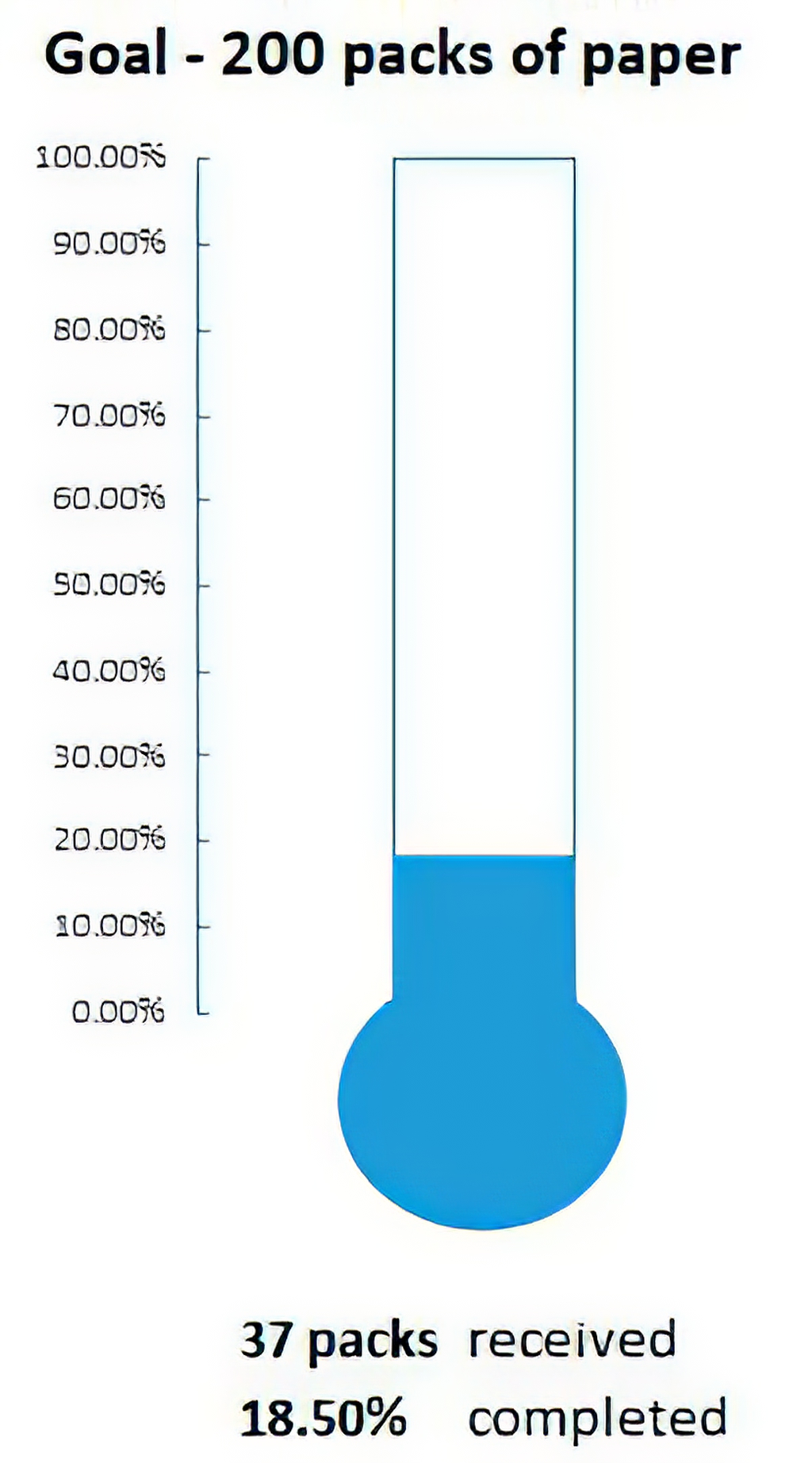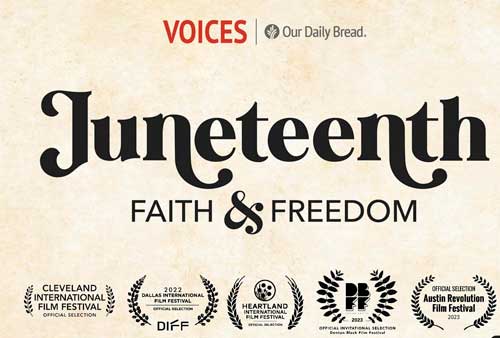 Beginning on Pentecost 2, we enter the Church year known as Ordinary Time. After Easter, Jesus’s ascension into heaven, and the coming of the Holy Spirit to us at Pentecost, we accept responsibility for being and becoming Christ’s body in the world. We are called by Jesus to live in community, our lives together guided not only by the example of Jesus, but by the guidance of the Holy Spirit.
Beginning on Pentecost 2, we enter the Church year known as Ordinary Time. After Easter, Jesus’s ascension into heaven, and the coming of the Holy Spirit to us at Pentecost, we accept responsibility for being and becoming Christ’s body in the world. We are called by Jesus to live in community, our lives together guided not only by the example of Jesus, but by the guidance of the Holy Spirit.
Basically, Ordinary Time encompasses that part of the Christian year that does not fall within the seasons of Advent, Christmas, Lent, or Easter. Ordinary Time is anything but ordinary. According to The General Norms for the Liturgical Year and the Calendar, the days of Ordinary Time, especially the Sundays, “are devoted to the mystery of Christ in all its aspects.” We continue our trek through the both the Gospels of Luke and John- through parables challenges, healings – some great stories and teachings.
Vestments are usually green, the color of hope and growth. Green has long been associated with new life and growth. Even in Hebrew in the Old Testament, the same word for the color “green” also means “young.” The green of this season speaks to us as a reminder that it is in the midst of ordinary time that we are given the opportunity to grow.
Ordinary Time, from the word “ordinal,” simply means counted time (First Sunday after Pentecost, etc.). we number the Sundays from here on out in order from the First Sunday after Pentecost, all the way up to the Last Sunday after Pentecost The term “ordinary time” is not used in the Prayer Book, but the season after Pentecost can be considered ordinary.
The Church counts the thirty-three or thirty-four Sundays of Ordinary Time, inviting her children to meditate upon the whole mystery of Christ – his life, miracles and teachings – in the light of his Resurrection.
You may see Sundays referred to as “Propers”. The Propers are readings for Ordinary Time following Epiphany and Pentecost, numbered to help establish a seven day range of dates on which they can occur. Propers numbering in the Revised Common Lectionary begins with the Sixth Sunday in Epiphany, excludes Sundays in Lent through Pentecost and Trinity Sunday, and resumes the Second Sunday after Pentecost (the first Sunday after Pentecost is Trinity Sunday), usually with Proper 4.
In some ways, it might be right to think of this time as “ordinary”, common or mundane. Because this is the usual time in the church, the time that is not marked by a constant stream of high points and low points, ups and downs, but is instead the normal, day-in, day-out life of the church. This time is a time to grapple with the nuts and bolts of our faith, not coasting on the joy and elation of Christmas, or wallowing in the penitential feel of Lent, but instead just being exactly where we are, and trying to live our faith in that moment.
It is a reminder of the presence of God in and through the most mundane and ordinary seasons of our lives. . It is a reminder that when God came and lived among us in the person of Jesus Christ, he experienced the same ordinary reality that we all experience. And that God, in Christ, offered us the opportunity to transform the most ordinary, mundane experiences into extraordinary events infused with the presence of God. God is there, present in the midst of the ordinary, just waiting for us to recognize it.
Only when the hustle and bustle of Advent, Easter, and Lent has calmed down can we really focus on what it means to live and grow as Christians in this ordinary time in this ordinary world. It is a time to nurture our faith with opportunities for fellowship and reflection. It is a time to feed and water our faith with chances for education and personal study. It is a time to weed and prune our faith, cutting off the parts that may be dead and leaving them behind. And we have a lot of growing to do, so God has given us most of the church year in which to do it.





